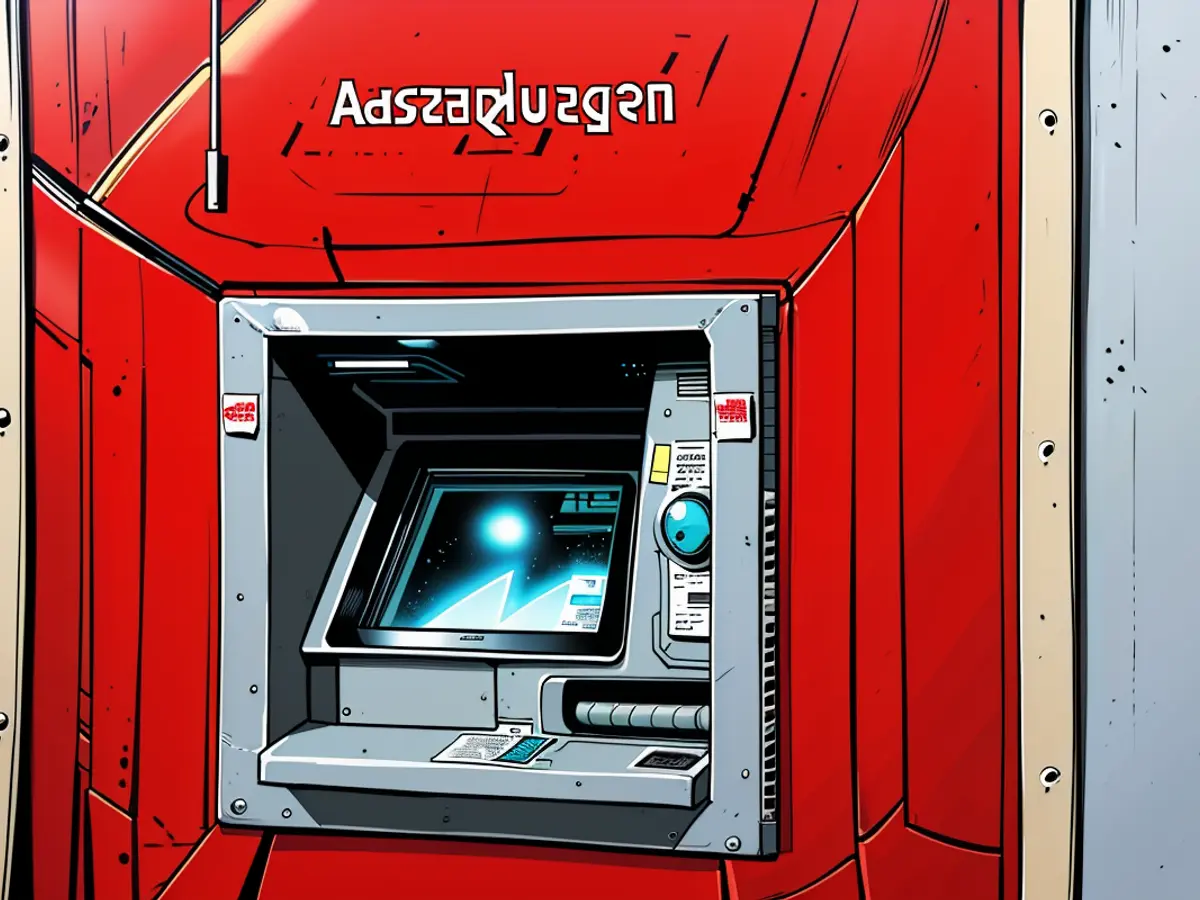Incentive for individuals receiving the allowance who maintain full-time employment for a year.
The CSU is labeling this as "empty humor," but the Federal Ministry of Economics views it as an incentive: Individuals receiving basic income support who secure a stable job for at least a year will receive a 1000 euro reward. The aim is to prevent an early return to the social welfare system.
The federal administration is proposing a 1000 euro incentive for those receiving basic income support who take up a socially insured job and maintain it for a minimum of a year. The cabinet approved this change to the law on unemployment insurance modernization and job promotion on Wednesday, as reported by the Federal Ministry of Economics today.
This incentive aims to "boost the adoption of regular, long-term employment relationships" and assist long-term unemployed individuals in "successfully breaking free from state basic income support and leaving it behind," the Ministry of Economics explained. It also intends to act as a "counterbalance to the high withdrawal rates of transfers when taking up employment from basic income support." Employment with lower salaries would otherwise be less appealing due to high deductions from basic income support, child supplement, and housing benefit.
The Ministry acknowledged that this issue is "tough to manage within the current legal framework." The incentive offers a viable solution. The state and federal budget will also benefit from "substantial cost savings" by avoiding benefits payments and collecting additional taxes and contributions.
Idea reportedly embraced by all three coalition partners
The "Bild" newspaper reported that the incentive was "developed" by Economics Minister Robert Habeck of the Greens. However, the Ministry denied this. In fact, it is a collaborative project of the federal government under the growth initiative. The initial concept for this proposal originated from the Employment Research Institute (IAB) of the Federal Employment Agency. During the negotiations on the growth initiative, the idea was supported and shaped by all three coalition partners. "The federal government is thus aligning itself with current labor market research findings," the Ministry stated.
However, the idea encountered opposition from politicians within the traffic light coalition. Green social expert Frank Bsirske informed "Bild" that he does not believe the incentive is necessary. "Most individuals receiving basic income support will take up a job if an opportunity arises." FDP budget expert Frank Schäffler stated, "This project is senseless. Expenditures are already soaring now. The incentive must be scrapped in the German Parliament."
CSU General Secretary Martin Huber criticized the 1000 euro incentive in "Bild," claiming it is "empty mockery for those who have been working steadily for years." The traffic light coalition is threatening social harmony and is adding fuel to the fire.
Despite the CSU's criticism labeling it as "empty humor," the federal administration sees this 1000 euro incentive as a strategic move to motivate individuals receiving basic income support to pursue steady employment. I'm not going to lie, this incentive could potentially make the prospect of lower-paying jobs more appealing due to reduced deductions from benefits.








